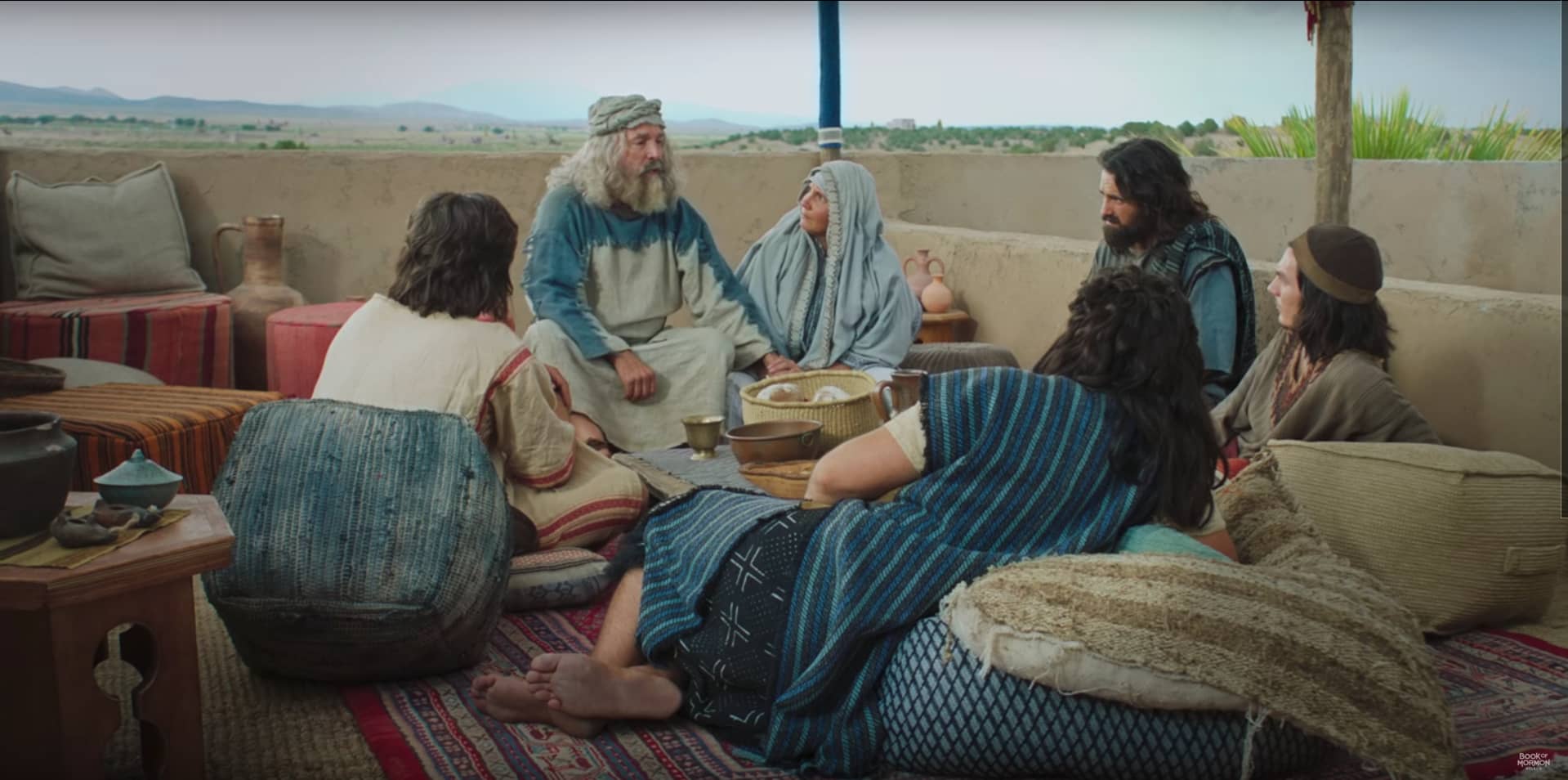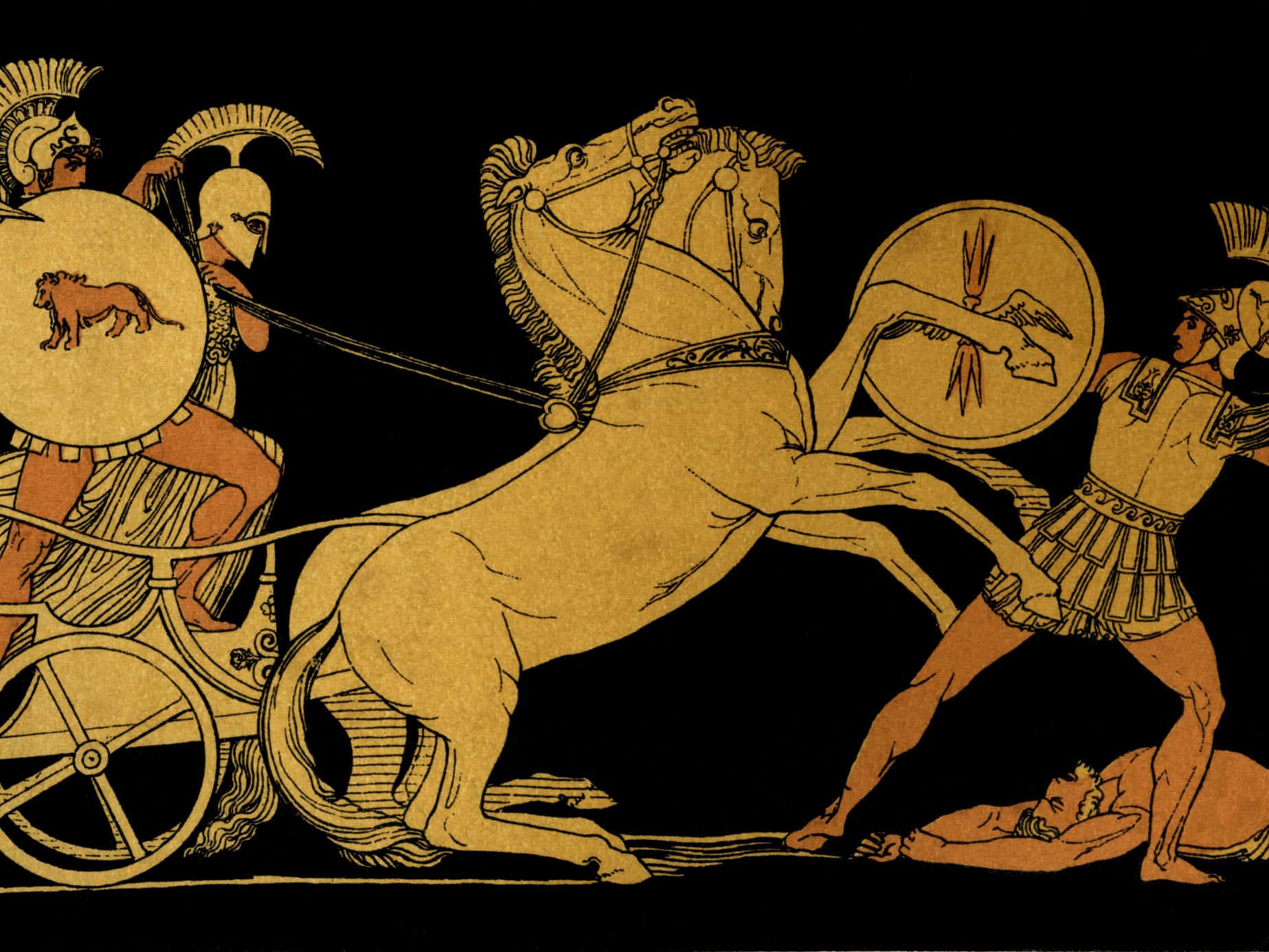A translation where Jesus talks about why he teaches using metaphors and other symbolic tools, like stories, etc.
Tag: symbol
A Mystical Interpretation of Jesus’ Parable of the Tares
This parable may have a better interpretation viewed through the lens of mysticism than the traditional "us versus them" approach.
The Impasse of Explaining the Whole Scientifically or Theologically
It seems that no concept that the mind can hold within it will be able to explain the nature of Ultimate Reality.
The “Lamb of God”: A Mystical Symbol of Divine Purity in the true Self
Jesus became a symbol of the "Lamb of God," the flip side of the "scapegoat" of the egoic enemy.
Is There Any Way that the Book of Mormon is “Historical”? A Mystical & Perennialist Perspective
Yes, actually, I think there is a Way. But it's perhaps not the Way that most people think, desire, or hope, but I suggest it is Divine.
When Myths turn from “True” to “False” and a New Mysticomodern Myth
Mythologies run in cycles. We may be in the middle of a massive paradigm shift in the myths which point to our deepest meaning and identity in the cosmos.
Did the Ancient Prophets write Literally or Metaphorically?
Some have argued, including myself, that the ancient prophets wrote symbolically, metaphorically, and not literally. But is that really the case?
Reconstructing the narrative surrounding the origins of the Book of Mormon
It's taken more time to write about this reconstruction, because it is perhaps a more sensitive subject, and more complex, than any I have written before about Mormonism or Christianity, yes, even more so than Jesus or Joseph Smith (which might be an indication that something is off-kilter). The Salt Lake City based Latter-day Saints take the Book of Mormon very seriously as a holy text, as scripture revealed by God, similar to the Bible, and perhaps even more important than the Bible. The Book of Mormon is one thing that makes them unique, their own testament of the divinity of "Jesus Christ," which they believe is also evidence of the unique prophethood of Joseph Smith and the divinity of the church he organized as God's "true church." But I think the truth may be much more nuanced.
Is God or Christ a Male?
It is true that traditionally God and Christ have been predominantly associated with the male gender and masculine principle (a "He"), at least in the West. What we need to decide today is if that traditional interpretation, these symbols of the Divine, are still valid, and accurate, and if they point to truth in the present, or if we need a better interpretation of these symbols as a society, a culture, in our interspirituality, in the world today.
Mapping The World's Religious and Secular Symbols
At times I feel like much religious terminology and symbolism has failed to bring unity to our modern culture and global society, and that we need new terms and symbols to point to these highest realities for which we yearn. New religious movements often emerge under such conditions (and there are tens of thousands of these movements in the world today). But I'm not sure that helps, but just further divides us, each believing they have "the truth."









